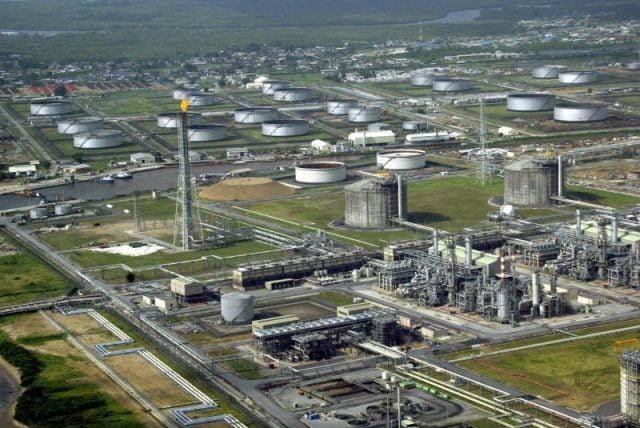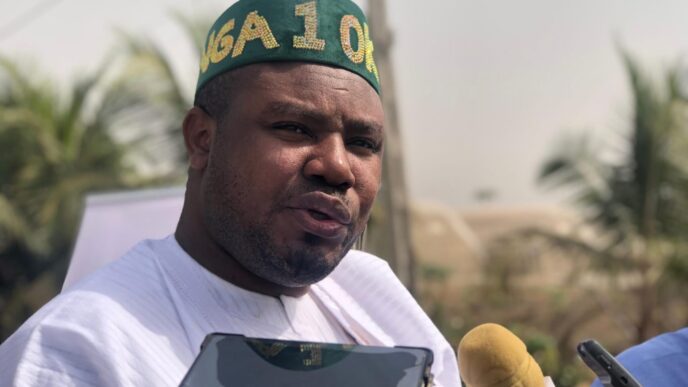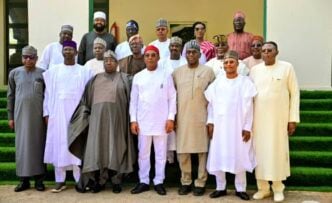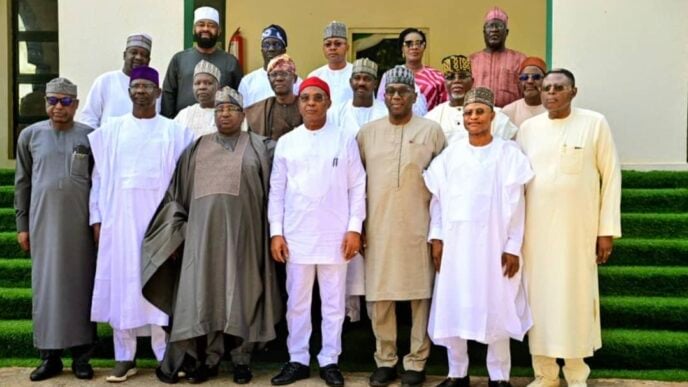The Nigerian Upstream Petroleum Regulations Commission (NUPRC) has opposed a bill to create a National Commission for Decommissioning of Oil and Gas installations.
The NUPRC presented its position on the bill to the house of representatives committee on petroleum resources (upstream) on Thursday during a public hearing.
Emmanuel Jaja, a director and geologist at NUPRC, told the committee that the proposed bill is unnecessary because the Petroleum Industry Act (PIA) 2021 already provides a comprehensive legal and institutional framework for managing decommissioning, abandonment, and restoration activities in the oil and gas sector.
He said the existing laws ensure integrated, efficient, and globally benchmarked oversight of these processes.
Advertisement
The geologist argued that creating a new commission would duplicate existing regulatory functions, cause bureaucratic overlap, and increase financial and institutional burdens on the federal government.
Jaja said decommissioning is not a standalone industry but an integral phase of oil and gas field development, embedded within field lifecycle management.
The director noted that countries like Norway, the United States, and the United Kingdom manage decommissioning within existing petroleum regulatory bodies to maintain operational coherence and data integrity.
Advertisement
He said fragmenting this responsibility by creating a new agency would undermine regulatory clarity, contradict the PIA’s intent, and potentially discourage investment in Nigeria’s petroleum sector.
Jaja said the decommissioning and abandonment (D&A) fund established under section 233 of the PIA 2021 already ensures that companies set aside funds for end-of-life asset management in escrow accounts.
According to him, these funds are neither company nor government revenue but are dedicated to approved decommissioning programmes, and given that the Nigerian National Petroleum Company Limited (NNPC) holds significant equity in most joint ventures and production sharing contracts, the federal government indirectly bears 60–100 percent of decommissioning costs.
He said creating a new commission would increase the government’s financial obligations and create a new bureaucracy that would increase fiscal pressure without adding value.
Advertisement
Jaja asked the committee to maintain decommissioning and abandonment oversight within the existing petroleum regulatory framework (NUPRC and NMDPRA).
“This approach will ensure technical coherence, economic efficiency, and alignment with both the PIA 2021 and global standards, thereby safeguarding Nigeria’s interest in the oil and gas sector and promoting the federal government’s ease of doing business initiatives,” he said.
‘WE’LL MAKE INFORMED DECISION’
Alhassan Doguwa, chairman of the committee, said the public hearing’s essence is to enable the panel to collate all viewpoints and “evaluate them carefully” before presenting recommendations to the house.
Advertisement
He said that over the years, Nigeria’s petroleum industry has faced challenges in decommissioning and abandonment of oil and gas installations, which have left environmental, economic, and social impacts, particularly on host communities.
“This therefore calls for a closer look at whether the existing regulatory frameworks are sufficient or need to be strengthened, and whether establishing a dedicated body, such as the proposed commission, would better serve national interests,” he said.
Advertisement
The committee chairman acknowledged that the PIA already provides for the decommissioning and abandonment of oil installations, assigns specific responsibilities to the NUPRC and MDPRA, and establishes a fund to ensure these activities are appropriately planned and financed in line with regulations.
Doguwa added that evidence-based submissions from stakeholders will shape a balanced, effective, and sustainable framework for managing decommissioning activities in the oil and gas sector.
Advertisement












